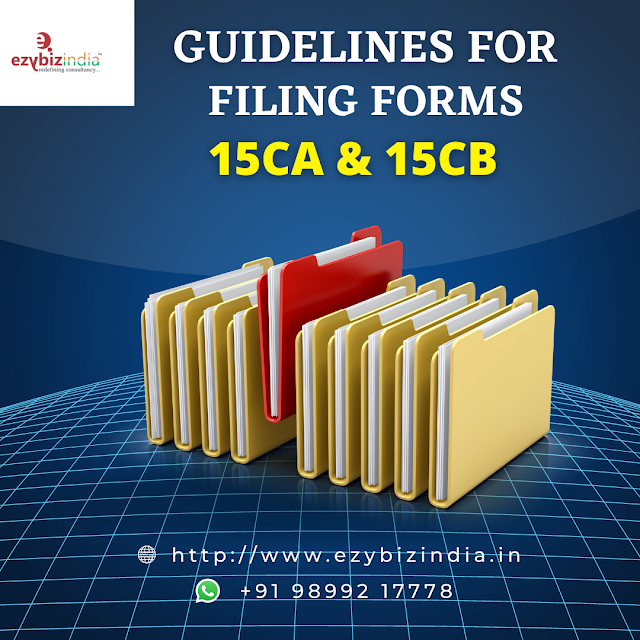Subsidiary company registration in India- Steps involved in brief

SUBSIDIARY COMPANY INCORPORATION IN INDIA There are many options available for foreign company registration in India like branch office, liaison office, subsidiary companies etc. However, one of the most popular and tax efficient manner of business set up in India by foreign companies is in the manner of Subsidiary Company Registration in India . Here, parent company holds more than 50% shares of the Indian company to make it its subsidiary. In case 100% shares of the Indian company are held by parent company, it is called as wholly owned subsidiary of its parent company. Here, the status of Indian subsidiary company would be that of an Indian entity unlike branch office or liaison office, which remains a foreign entity in India. Subsidiary company can be in the form of private limited companies as well as public limited companies. Steps Involved in Subsidiary Company Registration in India Following are the basic requirements and steps involved in subsidia...




